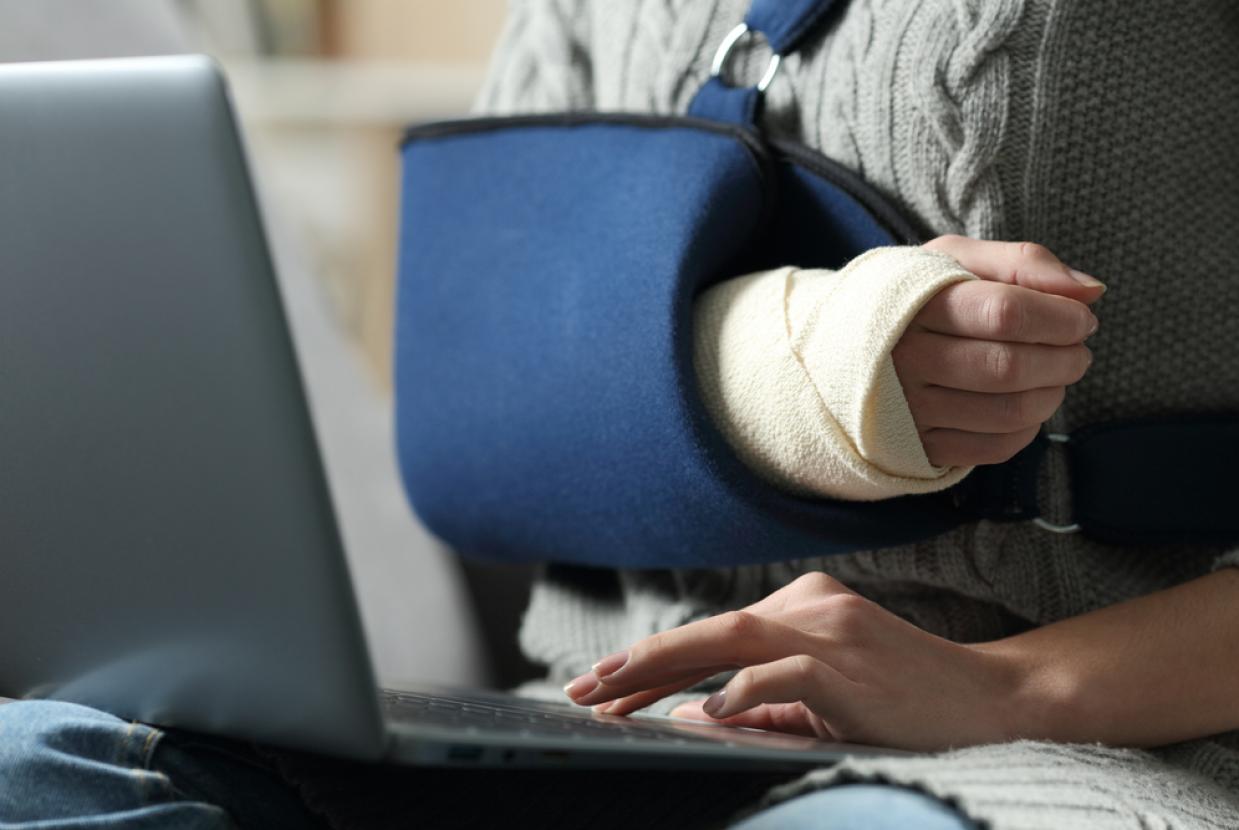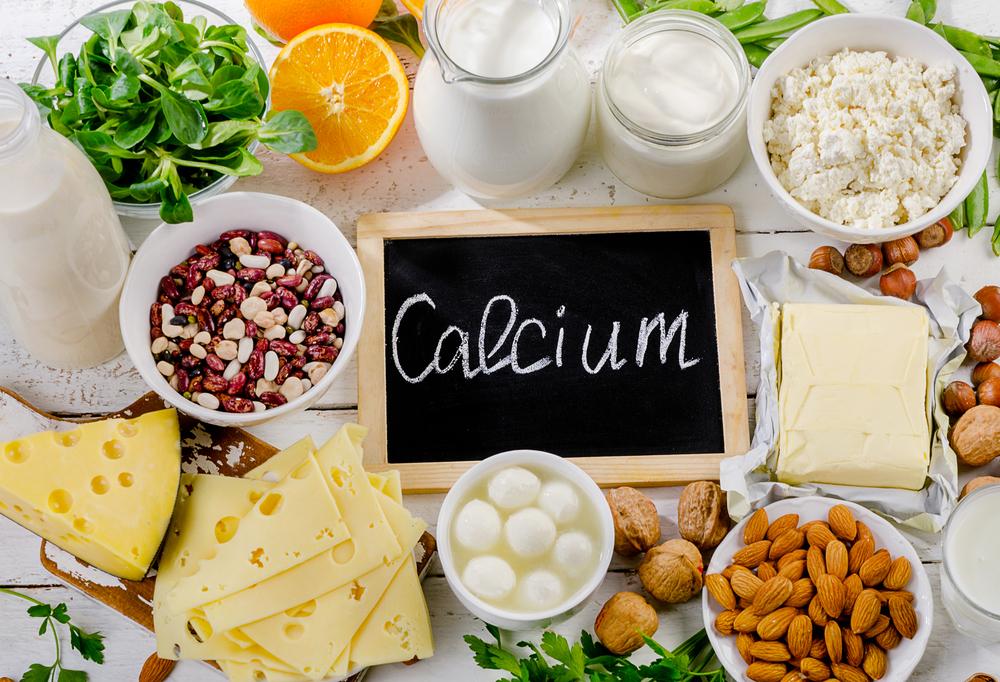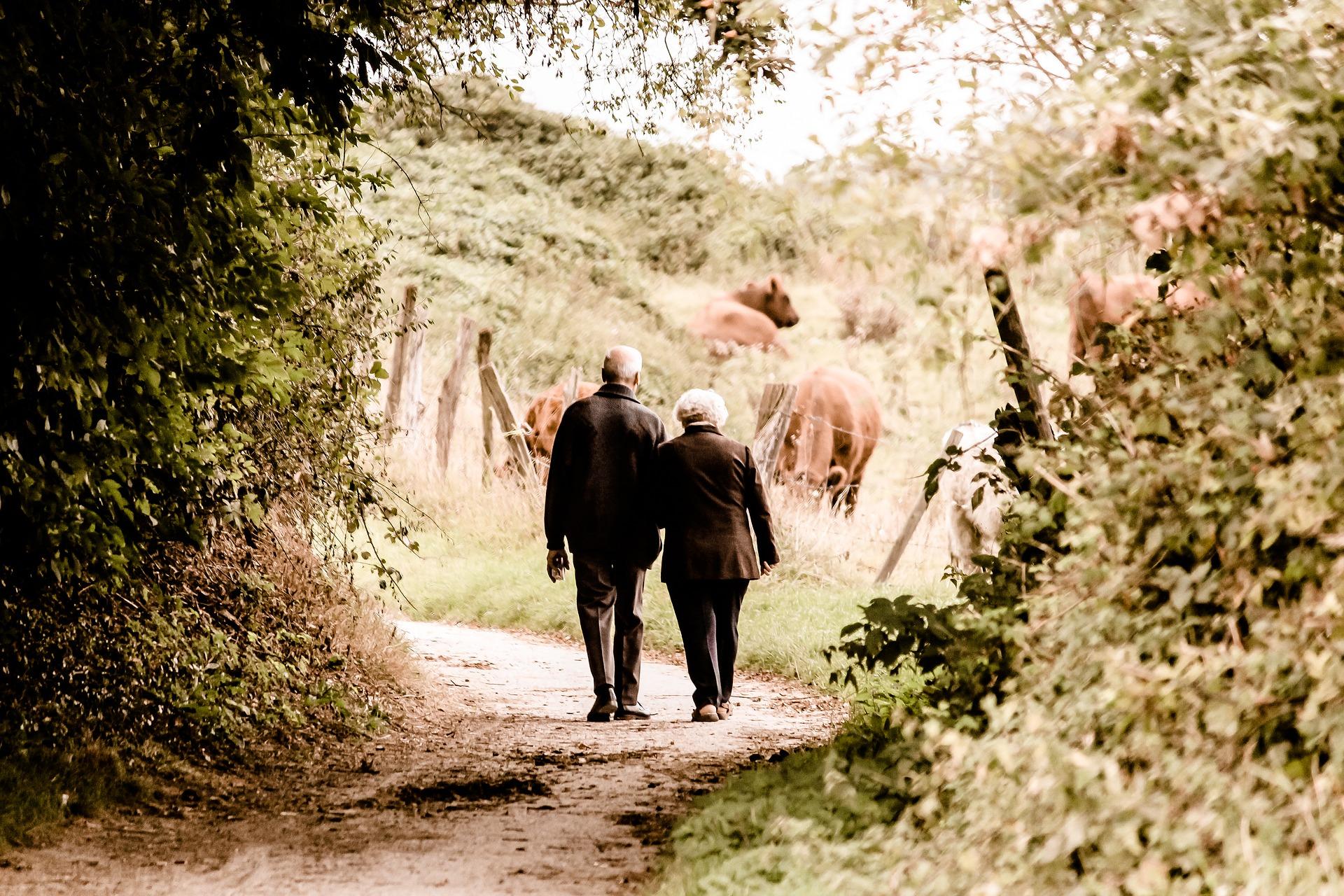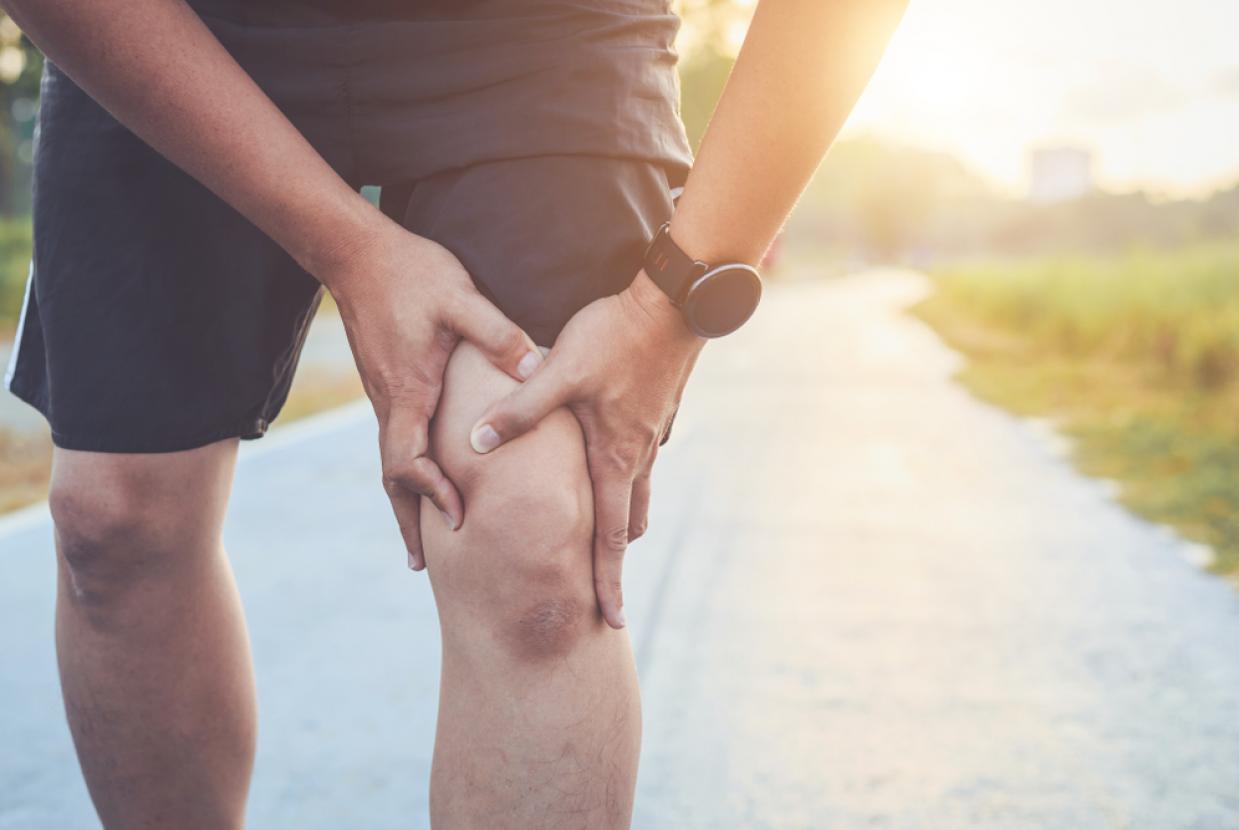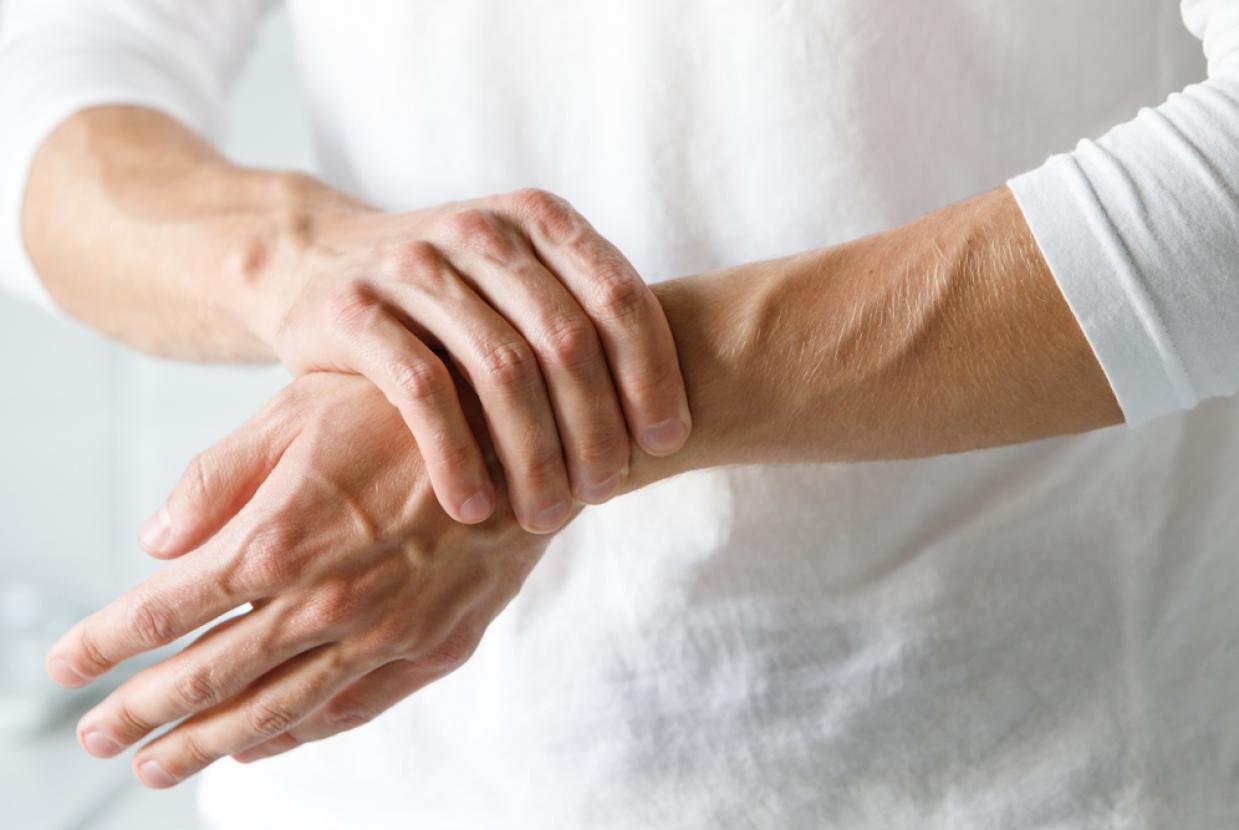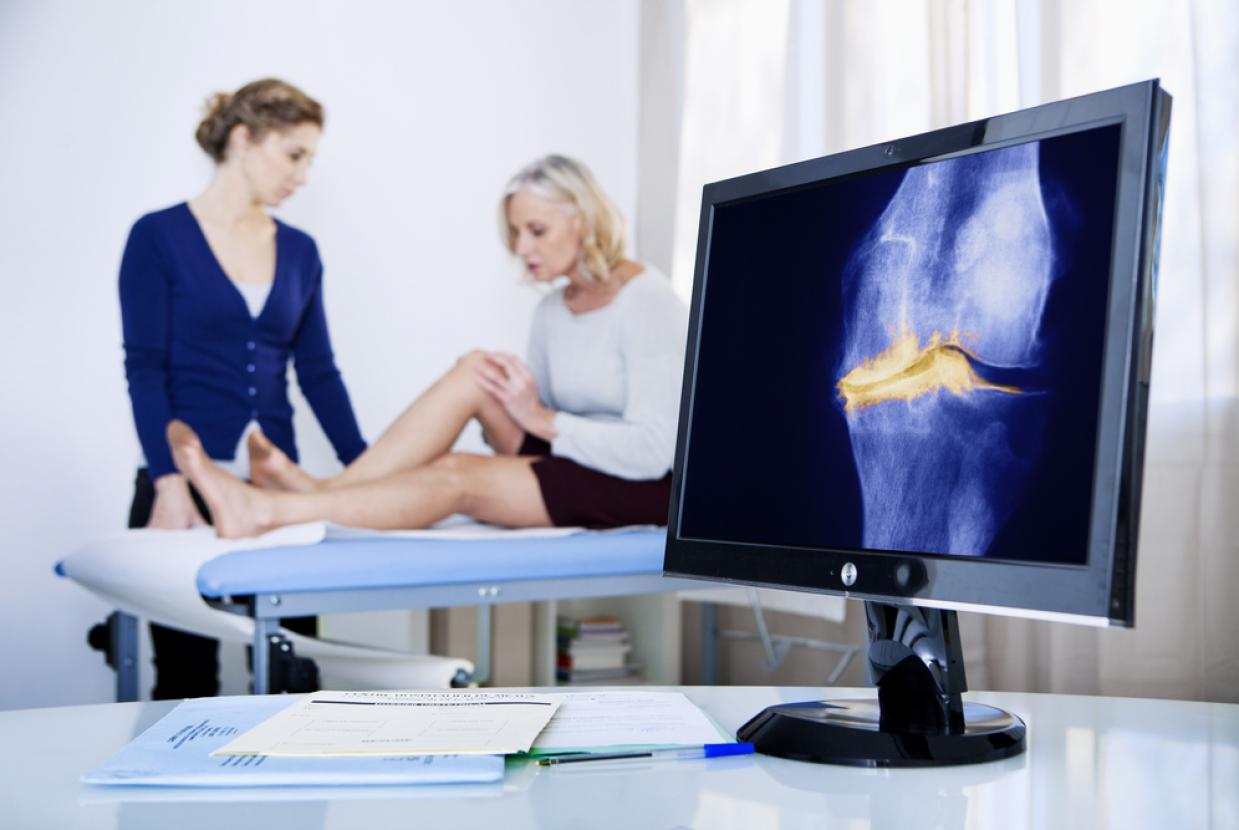Osteoporosis Risk Factors
Osteoporosis causes bones to become weaker and more fragile. Some people are more at risk than others. Bones are thickest and strongest in your early adult life until your late 20s. You gradually start losing bone from around the age of 35.
This happens to everyone, but some people develop osteoporosis and lose bone much faster than normal. This means they're at greater risk of a fracture.
Who's at risk of osteoporosis
Osteoporosis can affect men and women. It's more common in older people, but it can also affect younger people.
Women
Women are more at risk of developing osteoporosis than men because the hormone changes that happen at the menopause directly affect bone density.
The female hormone oestrogen is essential for healthy bones. After the menopause, oestrogen levels fall. This can lead to a rapid decrease in bone density. Women are at even greater risk of developing osteoporosis if they have:
- an early menopause (before the age of 45)
- a hysterectomy (removal of the womb) before the age of 45, particularly when the ovaries are also removed
- absent periods for more than 6 months as a result of over-exercising or too much dieting
Men
In most cases, the cause of osteoporosis in men is unknown. However, there's a link to the male hormone testosterone, which helps keep the bones healthy. Men continue producing testosterone into old age, but the risk of osteoporosis is increased in men with low levels of testosterone.
In around half of men, the exact cause of low testosterone levels is unknown, but known causes include:
- taking certain medicines, such as steroid tablets
- alcohol misuse
- hypogonadism (a condition that causes abnormally low testosterone levels)
Osteoporosis risk factors
Many hormones in the body affect bone turnover. If you have a disorder of the hormone-producing glands, you may have a higher risk of developing osteoporosis. Hormone-related disorders that can trigger osteoporosis include:
- overactive thyroid gland
- reduced amounts of sex hormones (oestrogen and testosterone)
- disorders of the pituitary gland
- overactivity of the parathyroid glands (hyperparathyroidism)
Other factors thought to increase the risk of osteoporosis and broken bones include:
- a family history of osteoporosis
- a parental history of hip fracture
- a body mass index (BMI) of 19 or less
- long-term use of high-dose steroid tablets (these are widely used for health conditions such as arthritis and asthma)
- having an eating disorder


